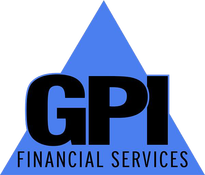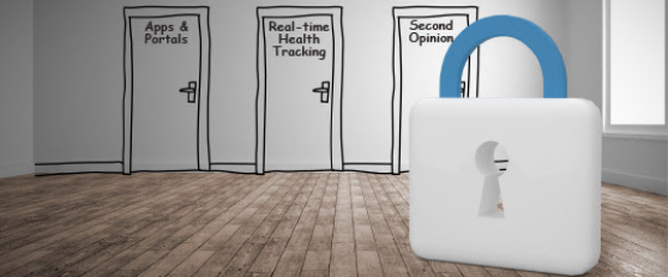|
Besides health insurance and a 401(k) plan, other benefits that employees value highly are generous paid time off and flexible or remote work, according to a new survey.
But for the first time, the annual study by employee benefits provider Unum found that the younger generations are not on the same page with their older peers when it comes to what they value most in their benefits package.
0 Comments
Thanks to new regulations that took effect Jan. 1, it will be easier for dependents of an employee with employer-sponsored family health coverage to seek out coverage and subsidies on the Marketplace if they are in a plan that is deemed unaffordable under the Affordable Care Act.
Despite group health insurance costs expected to rise 5.4% this year, the tight labor market is forcing employers to prioritize enhancing benefits over cost-cutting measures, according to a new report by Mercer.
Americans are eligible to sign up for Medicare when they turn 65, but more of us are staying in the workforce longer than ever before. In fact, the average retirement age has increased three years in the last three decades.
Passed and signed into law right around Christmas, the SECURE 2.0 Act enacts a sweeping series of improvements to America's retirement laws — most of them a vast improvement.
The COVID-19 pandemic has brought mental health to the forefront for many people, as they tried to cope with abrupt changes to their work and social lives, isolation, fear of getting sick and losing loved ones to the disease.
Despite newly enacted federal transparency rules for hospitals and health plans, some large hospitals are still not posting the required price lists for their services, according to a recent report.
The Centers for Medicare and Medicaid Services' transparency rules were implemented to shine the light on what hospitals charge for their various medical services, the negotiated rates insurers have with health plans and the out-of-pocket costs enrollees can expect to pay for these services. By now you will know about the rapid uptake in telemedicine after the COVID-19 pandemic drove patients to use virtual appointments with their doctors.
While this form of medicine seems like it's here to stay, there are other technologies that employers can look to include in their group health plans to help employees get the most out of their benefits, better manage their health and make more informed decisions about care. As group health plan open enrollment looms for most companies, communicating your offerings to your staff is key to getting as many of them as possible to sign up for coverage.
That requires a solid strategy aimed at helping your employees understand their choices and the financial implications of them. Most importantly, you want to reach those employees who didn't sign up last year and stress the importance of health insurance. As identity theft continues growing, one of the main treasure troves that criminals covet is employee data. After all, it typically contains your staff's personally identifiable information and other information that should not fall into nefarious hands.
|
Media Inquiries(404) 484-3638 Archives
July 2023
Categories
All
|
Licensed in Georgia, Alabama, California, Florida, North Carolina, Ohio, South Carolina, and Virginia
Navigation |
Connect With UsShare This Page |
Contact UsGPI Financial Services2400 Herodian Way SESuite#220
Smyrna, GA 30080 (404) 484-3638 Click Here to Email Us |
Location |
Website by InsuranceSplash











 RSS Feed
RSS Feed